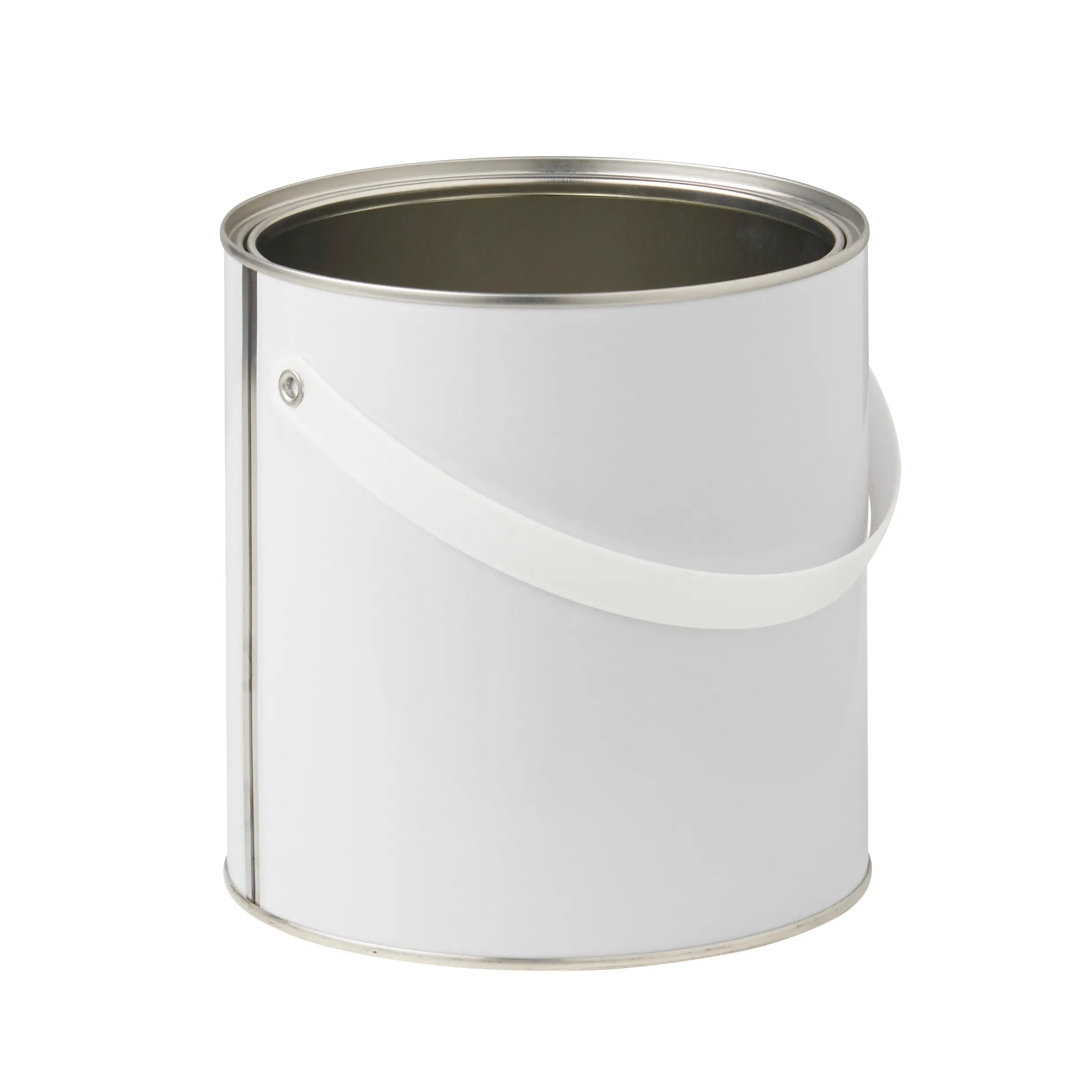Liquids and oils are challenging substances to pack. If there's a faulty seam, a closure that doesn't seal, or a crack in the container, liquid will escape. The packaging stakes are even higher for expensive products that can be ruined by exposure to light, air or strong smells. Read on to discover the benefits of aluminium packaging for precious flavours, fragrances and essences.
What type of bottle is best for packaging precious liquids?
Most bottles are made of plastic or glass; however, these types of containers are often not the best choice for storing high-value concentrates and specialist liquids.
Glass bottles are recyclable and glass is an effective barrier against outside odours, air and water. However, glass is heavy and can easily break, which makes shipping risky and expensive. This is why glass bottles are more suited to storage or customer retail, where the risk of damage is lower.
Glass is vulnerable to breakage
Glass is energy-intensive to produce, so it has one of the highest carbon footprints of any packaging material. Clear glass also offers no protection against light degradation making the contents vulnerable to discolouration.
Single-use plastic bottles are lightweight and cheap but offer minimal protection and have a heavy environmental cost. The thin plastic used for these bottles has poor puncture resistance and provides no barrier to light damage. Plastic bottles also release chemicals such as BPA and PFASs that can contaminate the contents.
What are the benefits of aluminium bottles?
Aluminium recycles forever
Why are aluminium bottles the best choice for transporting high-value liquids?
Packaging is a barrier that protects the contents from the outside world. Contaminants, air and water can all cause valuable liquids to degrade so choosing the right type of container is the key to maximising the shelf-life and quality of a product.
Freshness is particularly important when storing essential oils, perfumes, and flavourings, as the value depends on taste or aroma. Aluminium bottles are the safest choice for preserving the sensory quality of precious liquids.
When transporting liquids there is the risk of damage at each point of the supply chain journey, a risk that increases every time a bottle is travelling, loaded or unloaded.
Aluminium bottles being loaded onto an Invopak lorry
Metal containers are unbreakable, durable, and highly pierce-resistant, and they offer the highest level of protection for shipping, however far liquids need to travel. And when it comes to producing metal bottles for precious flavours, fragrances and essences, there's one company that leads the way - Tournaire.
Tournaire: Inventors of the aluminium bottle
Grasse is the UNESCO recognised, perfume capital of the world, and it's no coincidence that it's also the location of Tournaire's headquarters.
Tournaire has been making bottles from metal since 1833 when Joseph Tournaire's factory manufactured copper stills. By the time the perfume industry took off in the 19th Century, Tournaire were firmly established bottle makers.
The goal of the perfume companies at the time was to eliminate the effects of seasonality. The fragrances from flowers died with them, and advances in perfume extraction and preservation could still be compromised by the container.
The copper estagnons used at the time were expensive and required regular tinning to stop oxidisation. They were also formed from flat plate that needed to be welded together (a known weak point of any liquid container).

Copper estagnons from Tournaire's archive
The search for a better bottle coincided with the discovery of a new type of metal. A metal that was made from Bauxite, an ore that Pierre Berthier first discovered in the nearby Baux-de-Provence region.
Aluminium proved to be the ideal metal for making bottles, it was cheaper than copper, non-reactive, light and malleable. Tournaire capitalised on their proximity to aluminium production and pioneered the production of the seamless aluminium bottle.
Tournaire bottles: Technical packaging at it's best
Tournaire aluminium bottles were designed with one purpose in mind - protection, and they continue to innovate towards that aim.
Monobloc Construction:Aluminium is a malleable metal so bottles can be formed from a single piece, without seams. And no seams means there’s no seam to fail. A seamless bottle is a leak-proof bottle. The one-piece construction is also more hygienic since liquid will not get trapped in the seams. This is one of the reasons aluminium bottles are also used for pharmaceutical and laboratory packaging.
UN Certified: Tournaire's System Plus aluminium bottles are UN certified for liquids. This means they meet the highest packaging standards and can be used to ship and export a wide range of oils and liquids.

System Plus Closures: Tournaire's System Plus Bottles are designed for their System Plus closures. The two-part design combines a PE-Plug to seal the bottle and a tamper-evident PP plastic cap to close the bottle. Together they deliver a UN-certified, leak-proof sealing system.
Plain or lacquered internal finish: All of Tournaire's bottles are available in a plain or lacquered finish. Plain bottles are suitable for oils and essences, whilst gold lacquered bottles offer extra protection for aggressive or highly concentrated liquids.

Bottles are available in gold lacquered or plain internal finishes
Premium small aluminium bottles: Tournaire offers small aluminium bottles in three sample sizes, 19ml, 38ml and 63ml. They all use PU-plug and screw-top closures, for an excellent leak-proof fit.
Small sample bottles are available in three sizes
Tournaire and Invopak
Invopak is the sole distributor of Tournaire in the UK, and we stock the full range of sizes from the smallest 19ml sample size to the largest 32 litre bottle, as well as closures and Tournaire shipping boxes.
Order your Tournaire Bottles here.
Hear more about Tournaire bottles from Nick below:





















